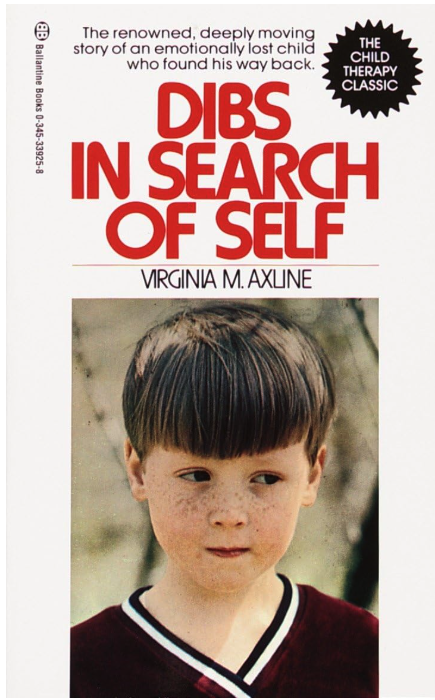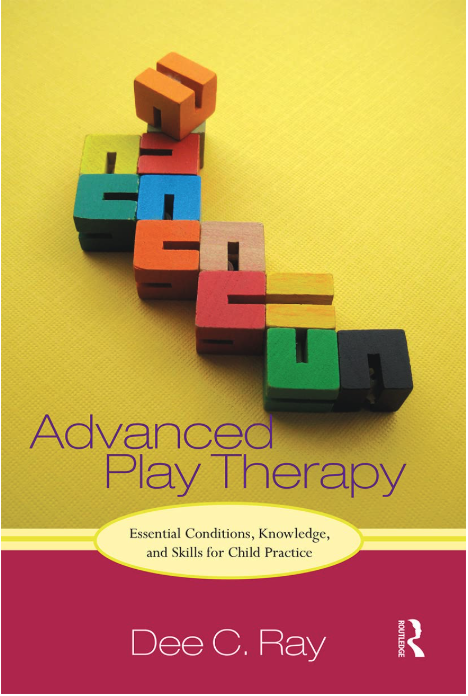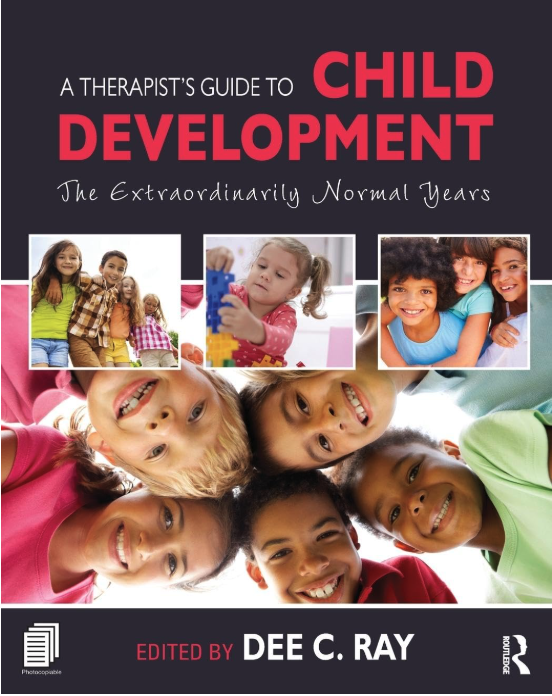Books we love
Explore our curated recommendations that deepen your understanding of play therapy. Each selection is inspired by discussions on our podcast and chosen to empower therapists, educators, and parents alike.
Dibs in Search of Self
By: Virginia M. Axline
-
This book reads as a novel and pulls at the heartstrings. Learning about client Dibs in “real”time as Dr. Axline does, the reader goes through the same process of understanding and engaging with a new child, from a child centered perspective. Seeing the way in which Dr. Axline operates as well as her insights as to why and how she makes certain decisions, and feels like you are being “let in” with one of the greats.
-
This book is really helpful in getting students on board with play therapy and recognizing the intentionality of play therapy.
-
“The important things are what we remember after we have forgotten everything else.”
“The realization that things outside ourselves change — and many times we have little control over those elements, but if we learn to utilize our inner resources, we carry our security around with us.”
Play Therapy: Art of the Relationship
By: Gary L. Landreth
-
This book shares the insights into the benefits of Child Centered Play Therapy, as well as the skills used. Not only does Dr. Landreth shares information in a relatable format, but he brings play therapy to life through case examples. This is a MUST HAVE for anyone entering into the field.
-
This is a great book for those interested in play therapy and child centered play therapy. Use this book to practice your skills and find your play therapy voice!
-
“Birds fly, fish swim, and children play.”
“It feels good to be an authority, to provide answers. Therefore, I will need to work hard to protect children from me! I am more fully me when I feel safe. Therefore I will be consistent in my interactions with children. I am the only person who can live my life. Therefore, I will not attempt to rule a child's life.”
Advanced Play Therapy
By: Dee Ray
-
This book delves deeper into many aspects of play therapy, including how to engage with caregivers, teachers, and implement Child Centered Play Therapy in different spaces. Dr. Ray outlines the philosophy behind play therapy, the person of the therapist, and play therapy skills. She examines themes of play therapy and provides useful tips for doing the work, including a treatment manual.
-
This book is really helpful for play therapists hoping to bring their work into their current practice. It helps play therapists understand play behaviors in a deeper way, as well as provides great tips for working with caregivers and teachers.
-
When the therapist provides an environment that is non threatening and sends a message of empowerment to the client, the client will emerge with a structure that is self-enhancing as well as positively influential on relationships. These beliefs hold true whether a client is 4 years old or 40 years old.
CCPT calls for the therapist to “be” someone, not just “do” something.
Therapist’s Guide to Child Development
By: Dee Ray
-
This book provides real life applicable information on the developmental experiences of children ages 2-12. The text spans topics of cognitive and physical development, as well as gender, sexuality, and racial development. Best of all, it provides insights as to which therapeutic approaches may best suit the developmental needs of clients.
-
We use this a lot with our parents. Parents do not usually know what is expected in different stages and knowing this information can be a huge relief to parents.
-
Even the most normal of children, by virtue of being human, will encounter obstacles, challenges, and emotional struggles throughout childhood.
Get in touch
We’d love to hear from you—whether you have a question, need consultation, or want to learn more.





